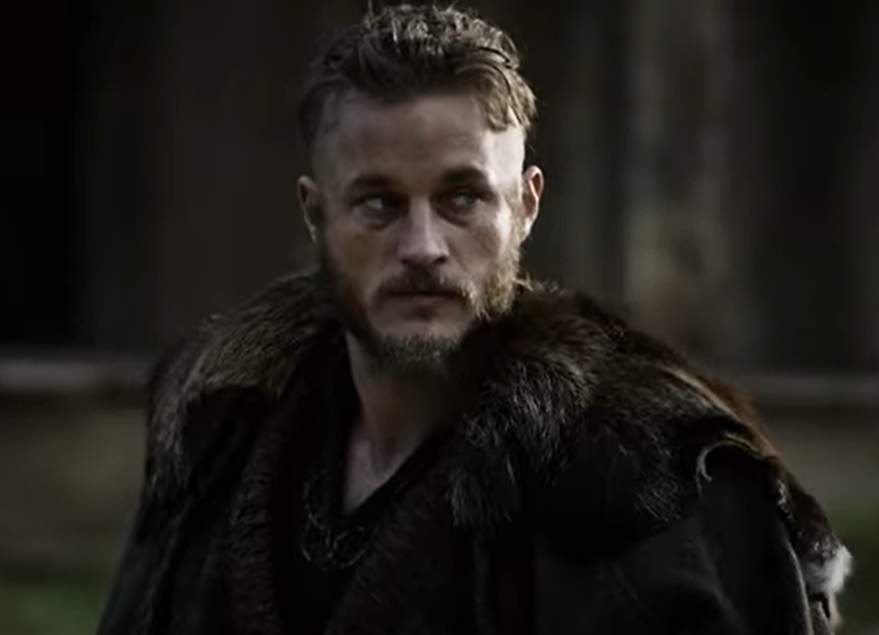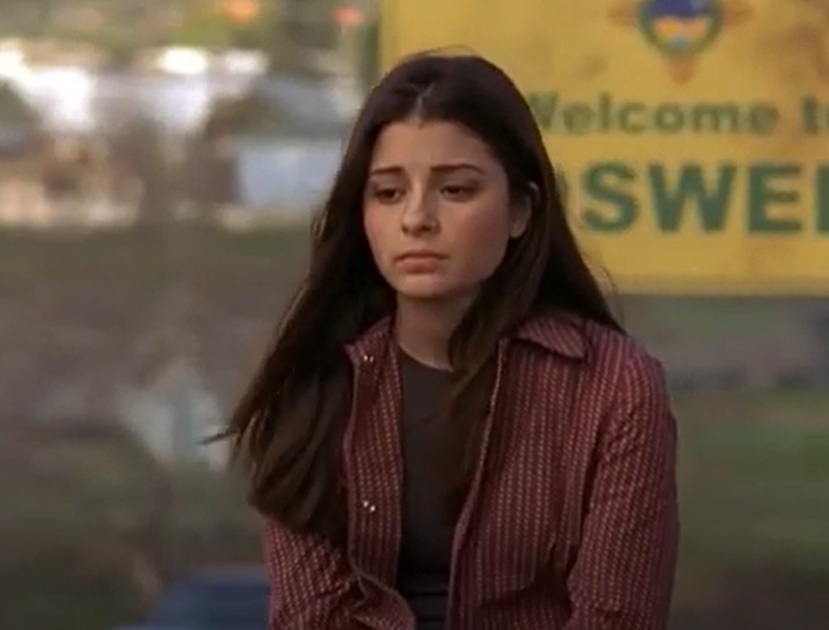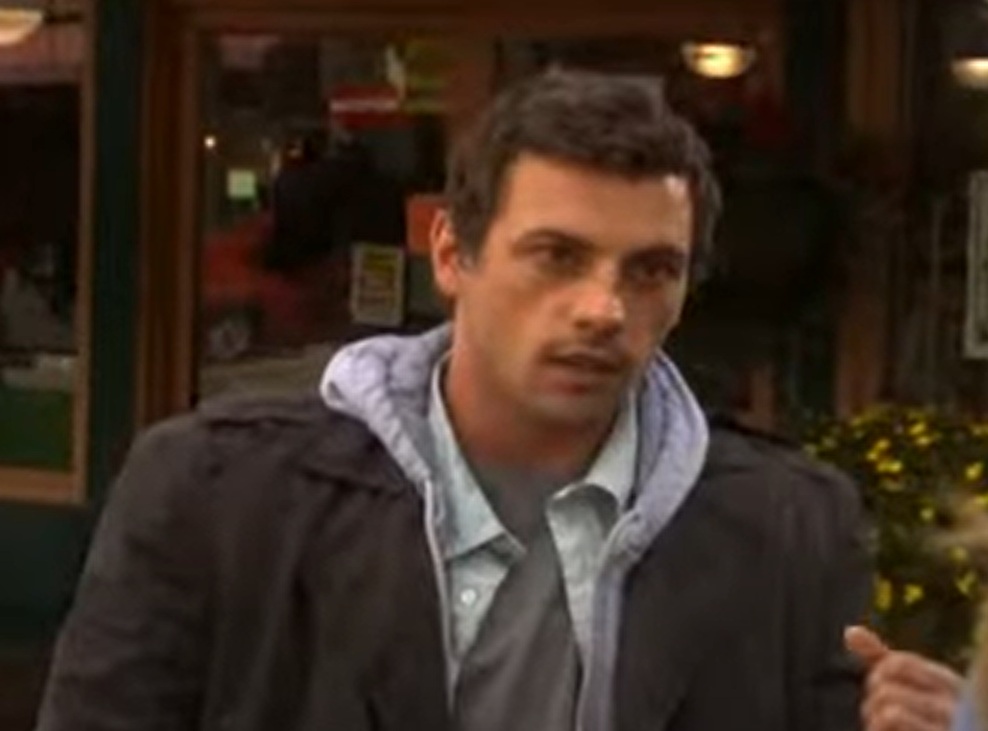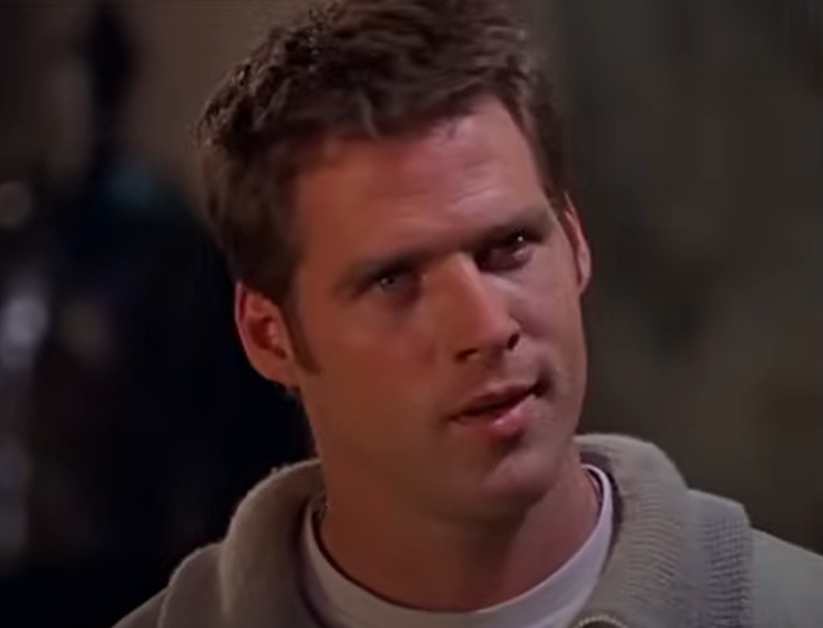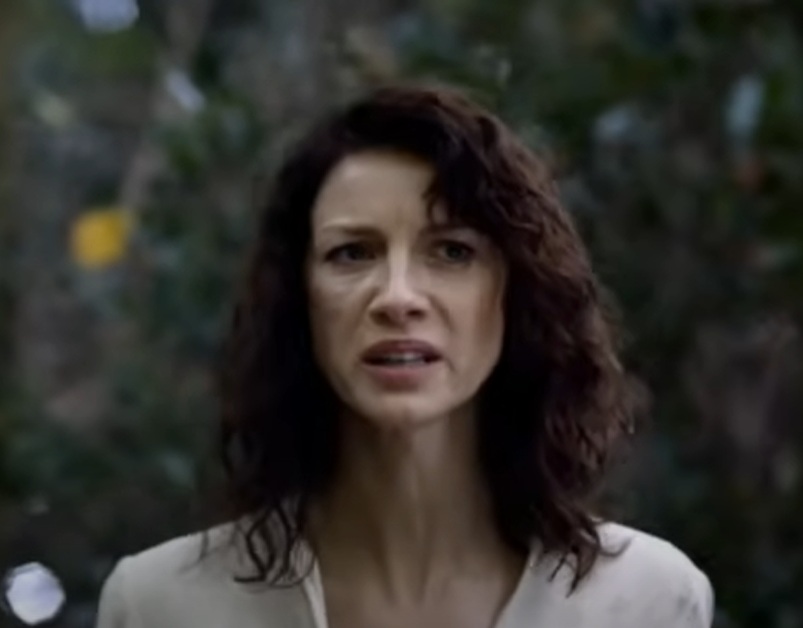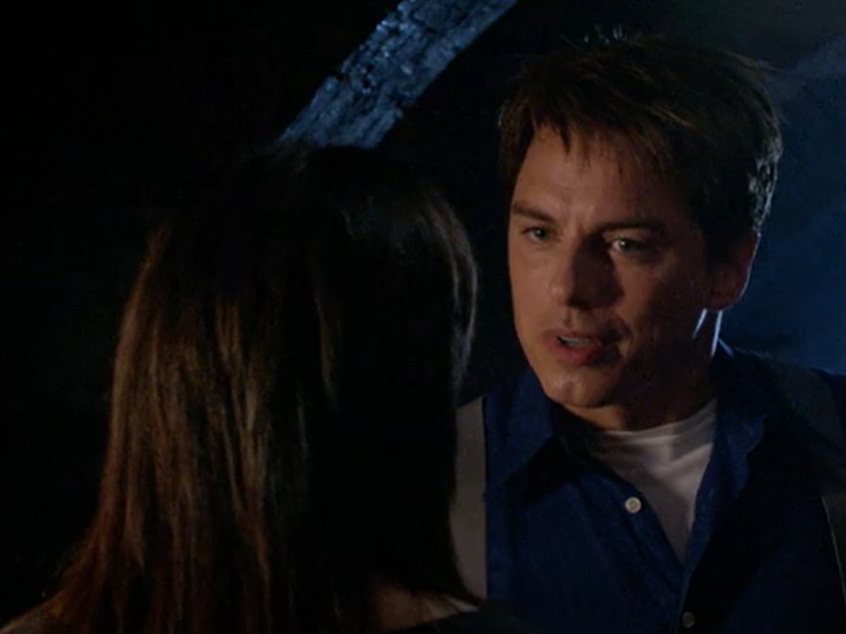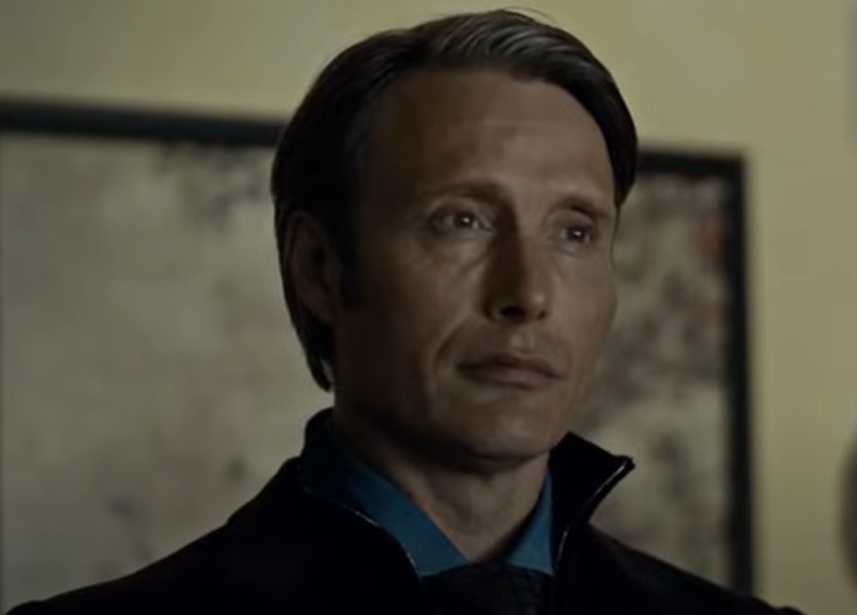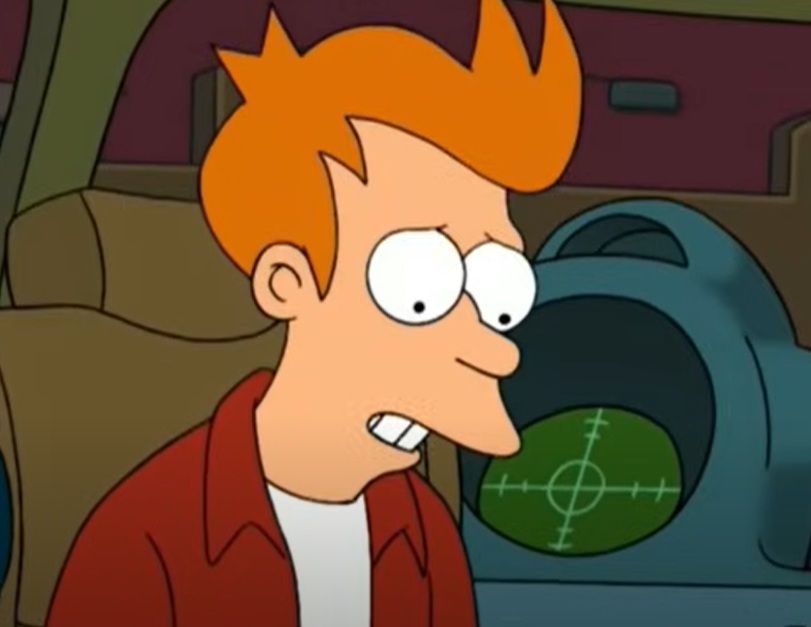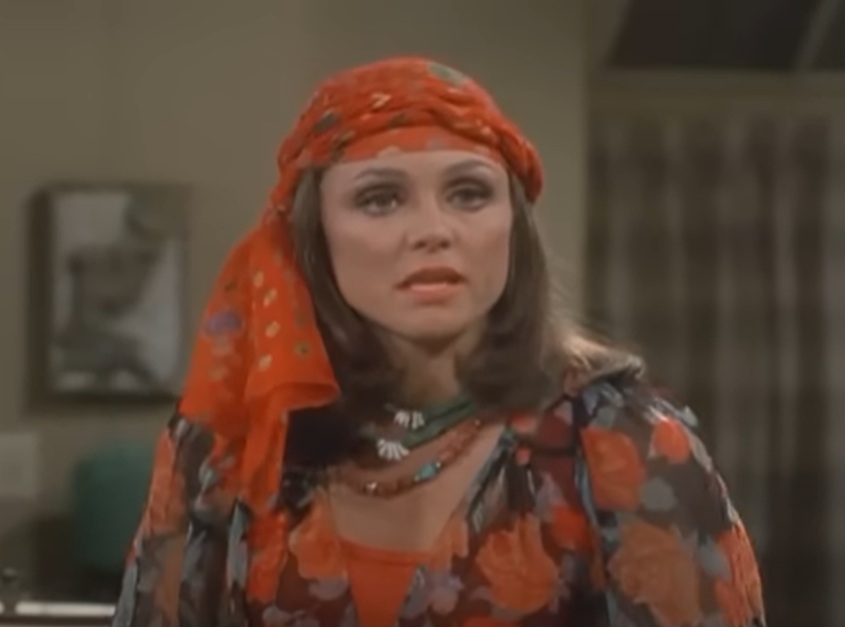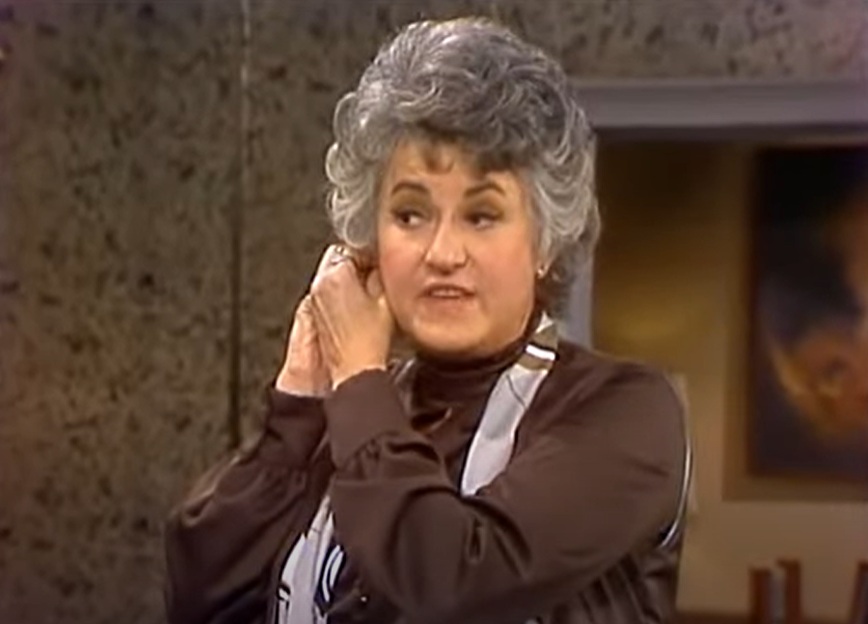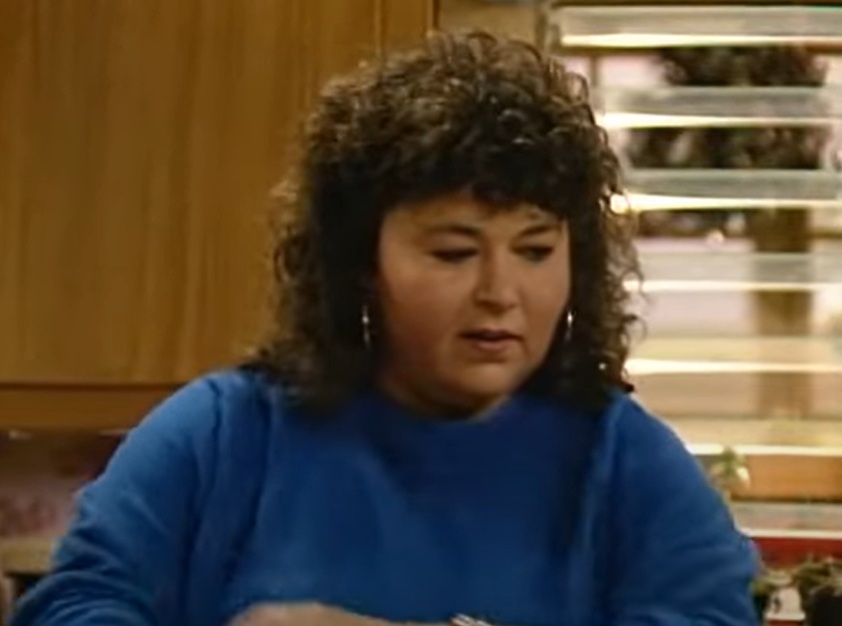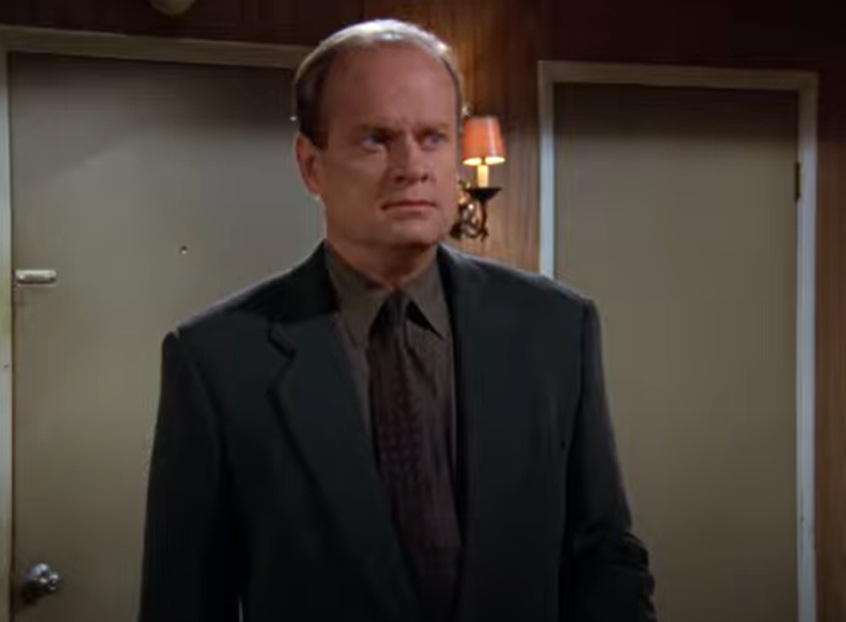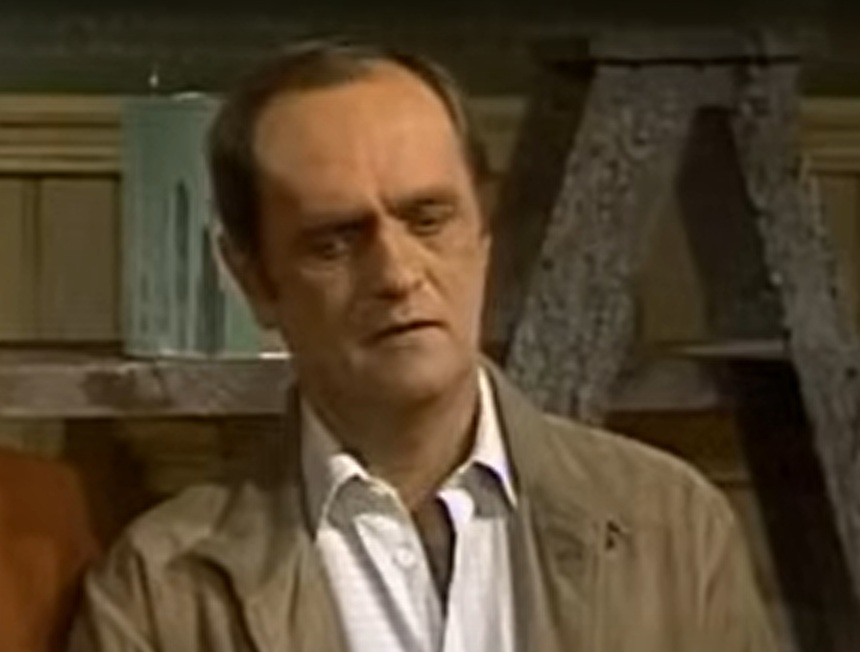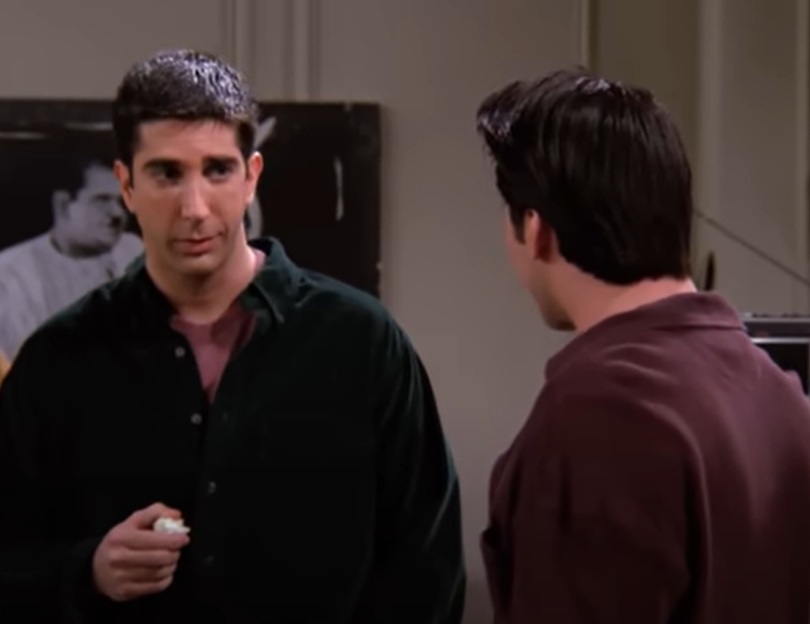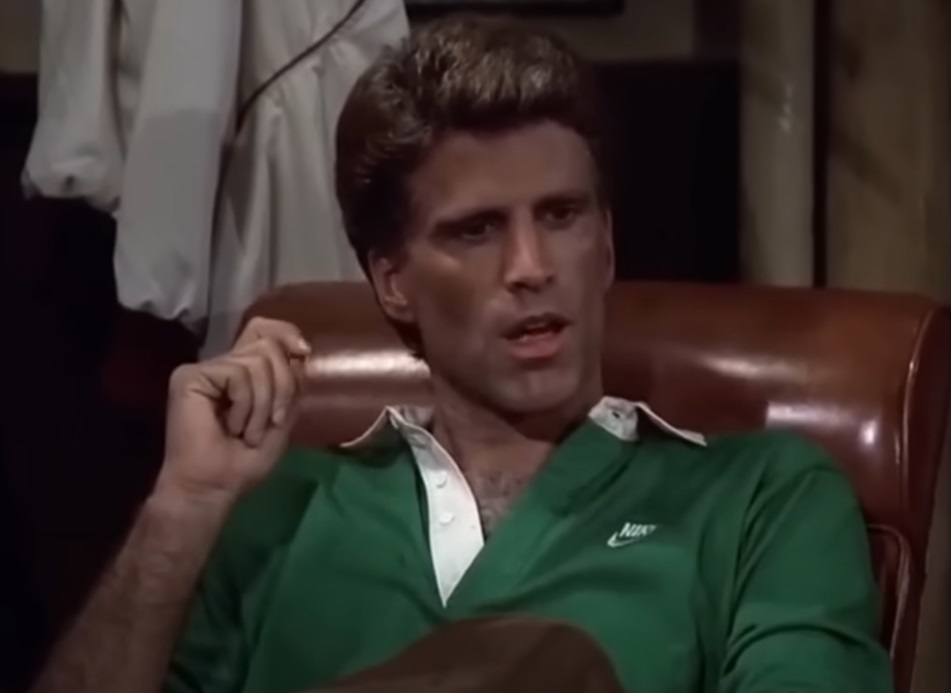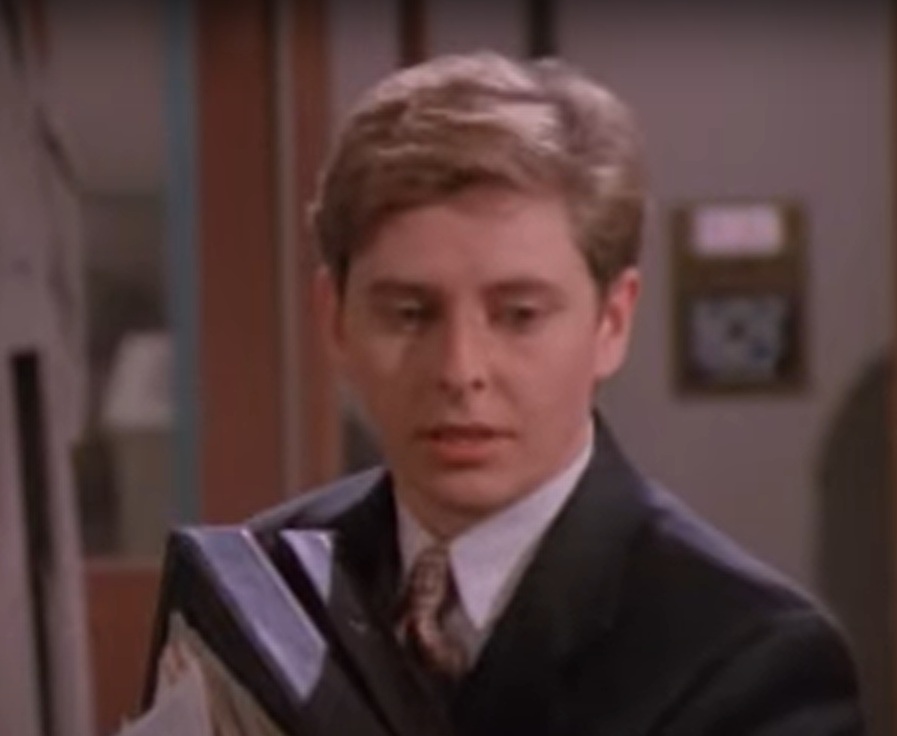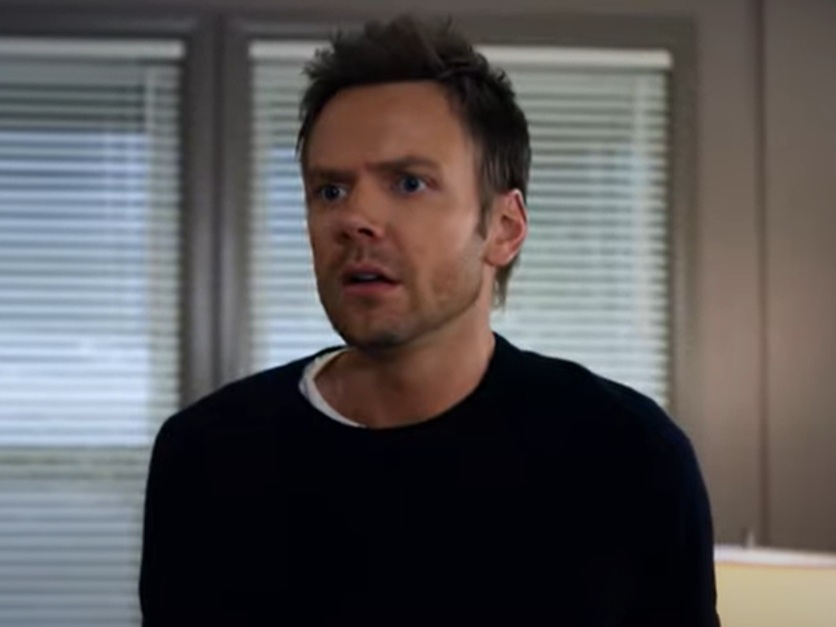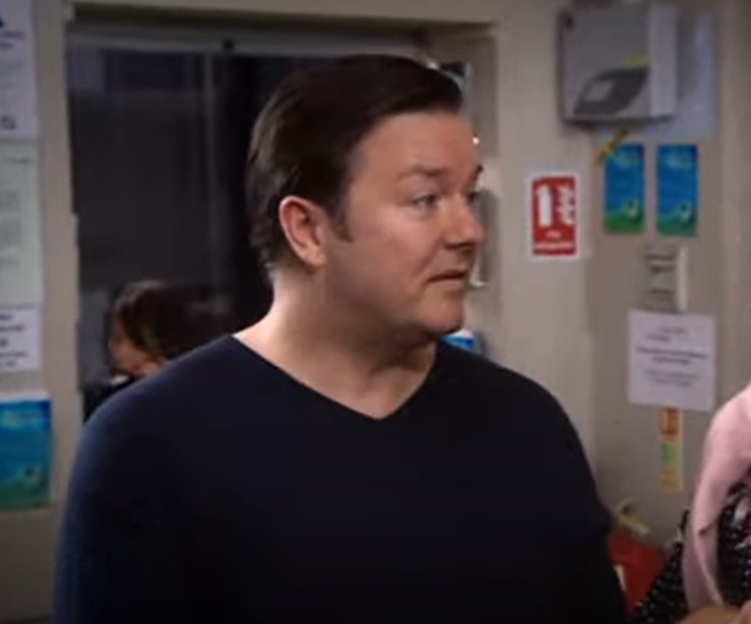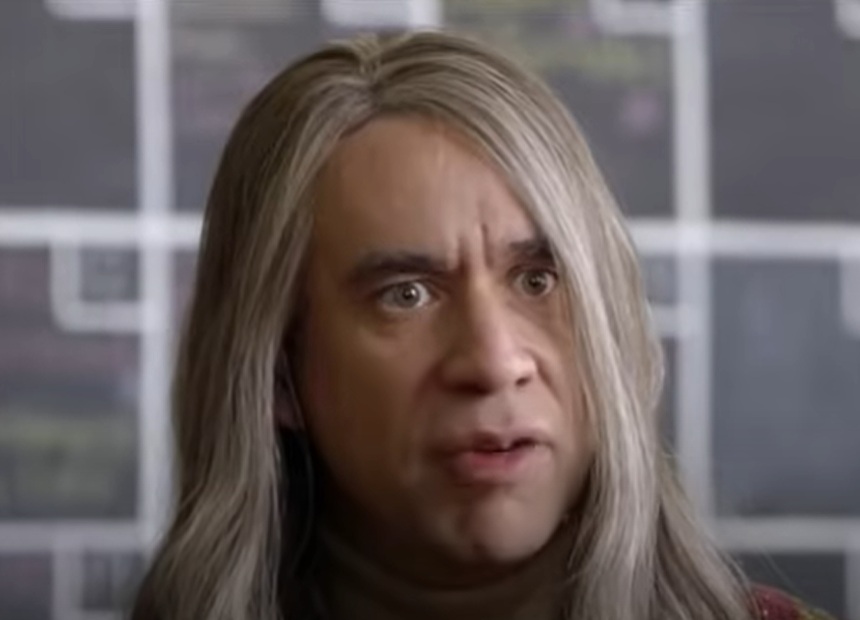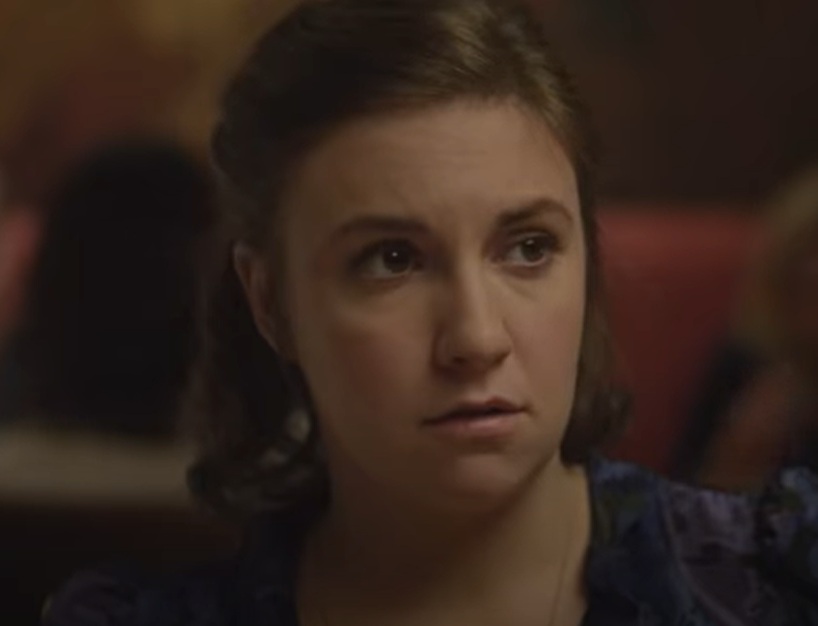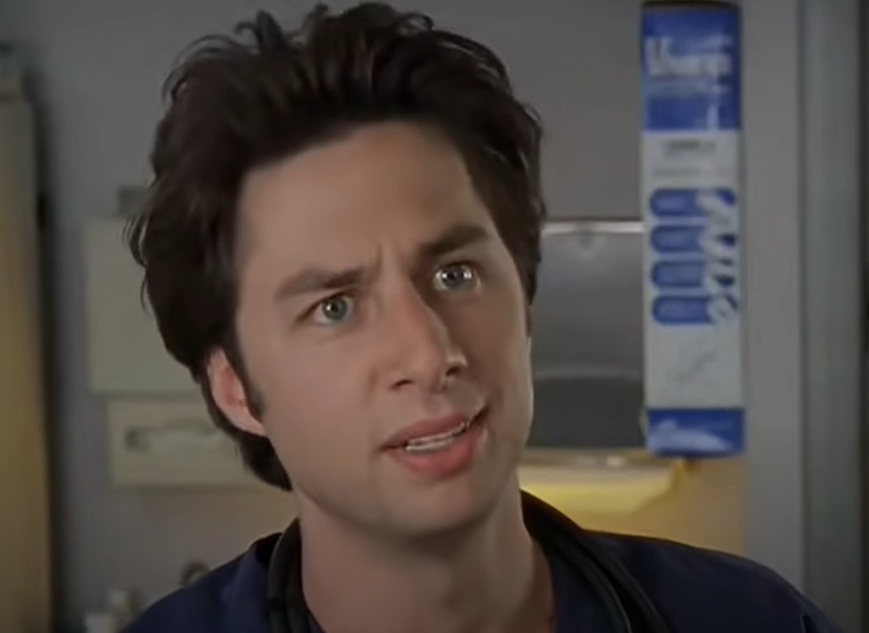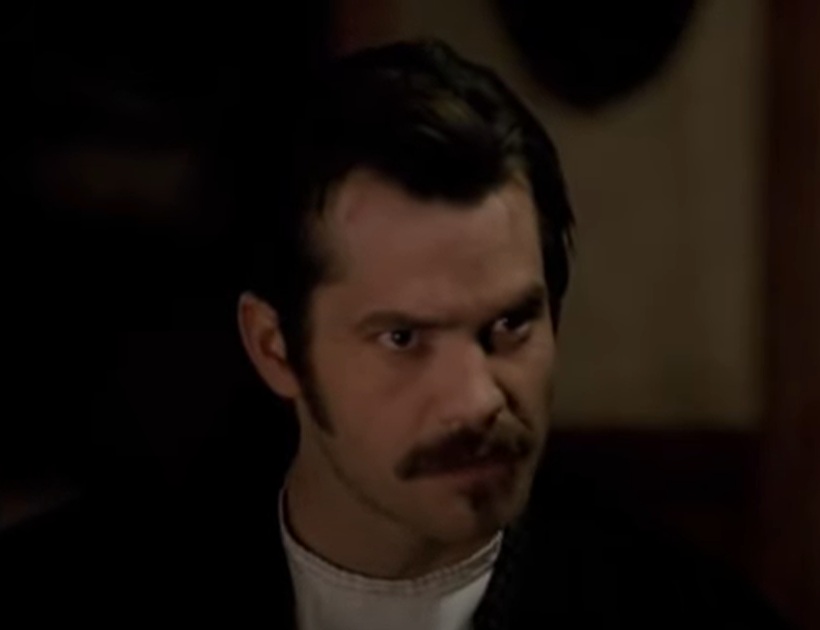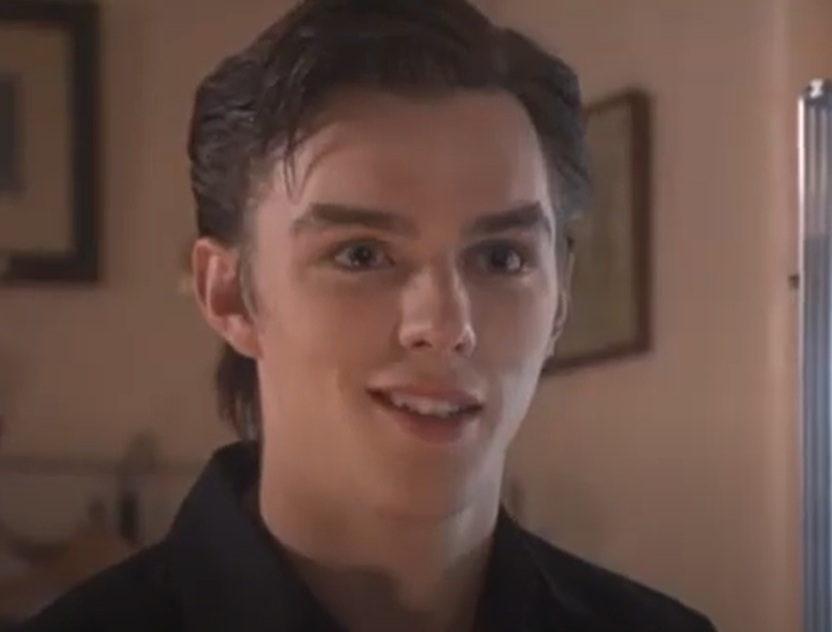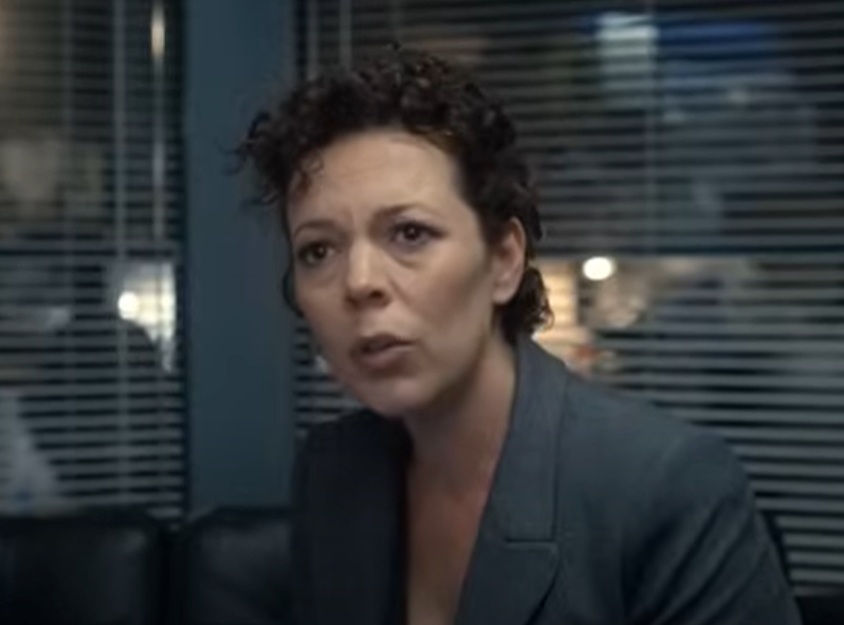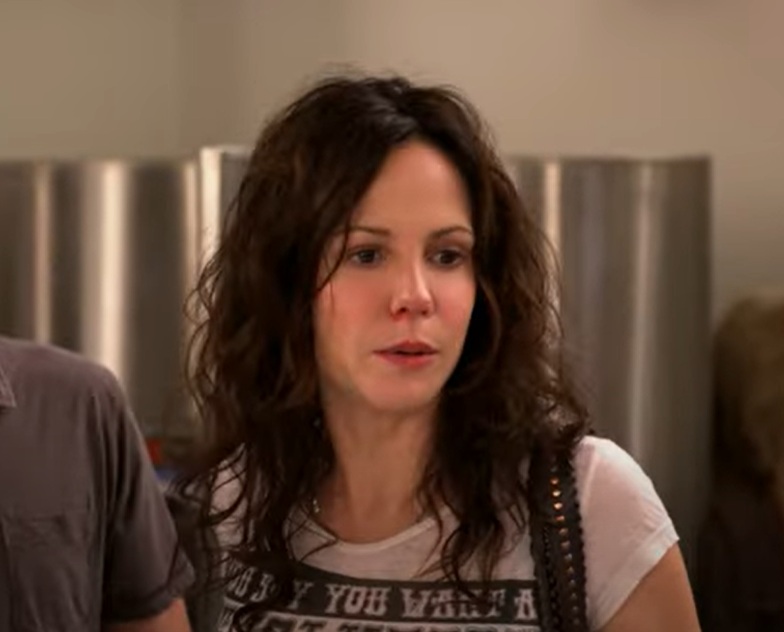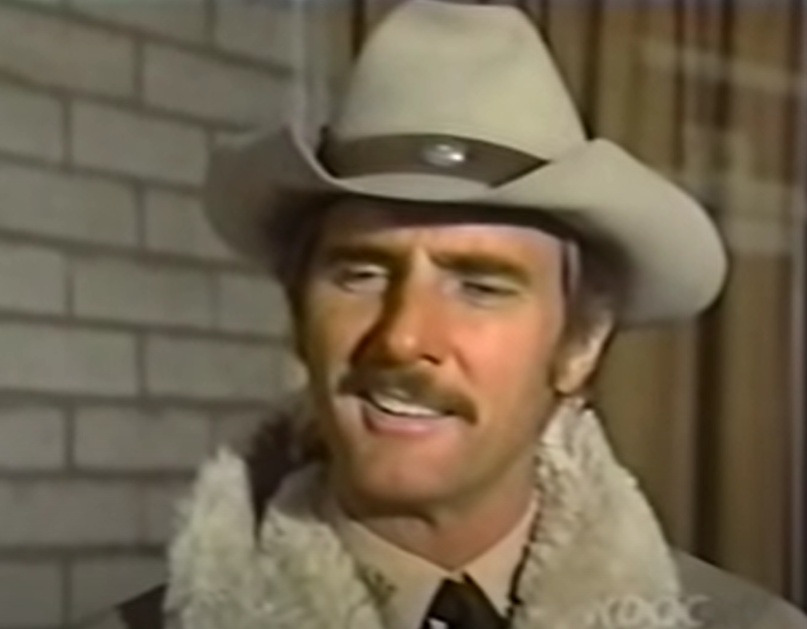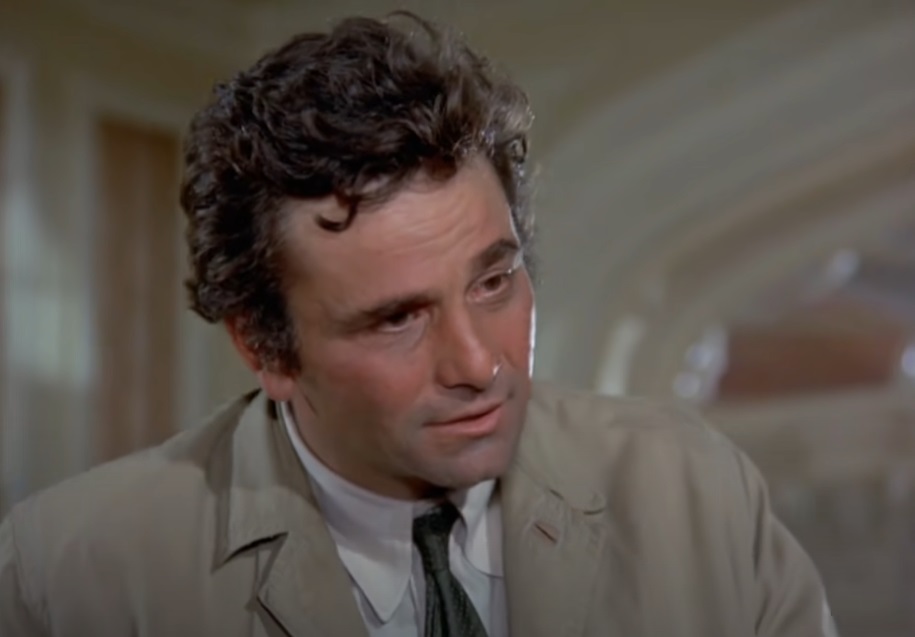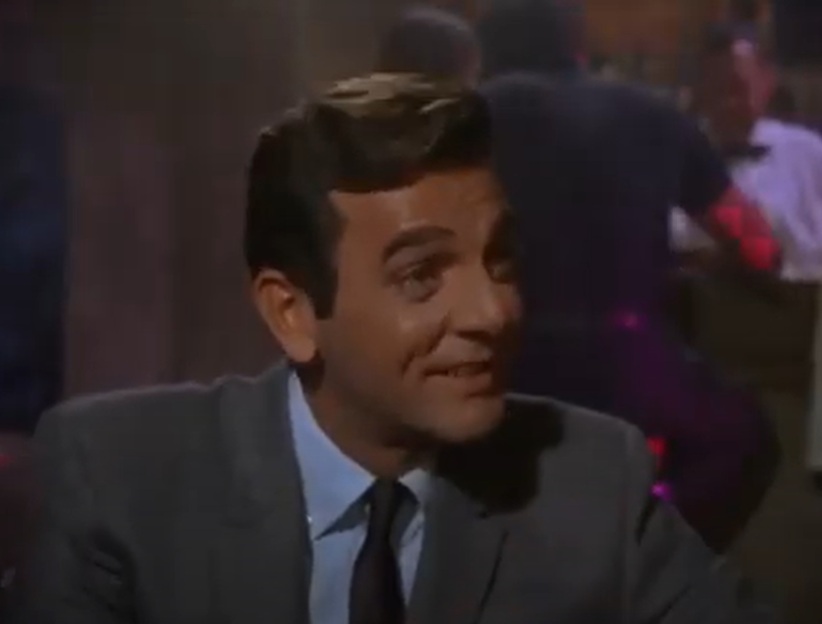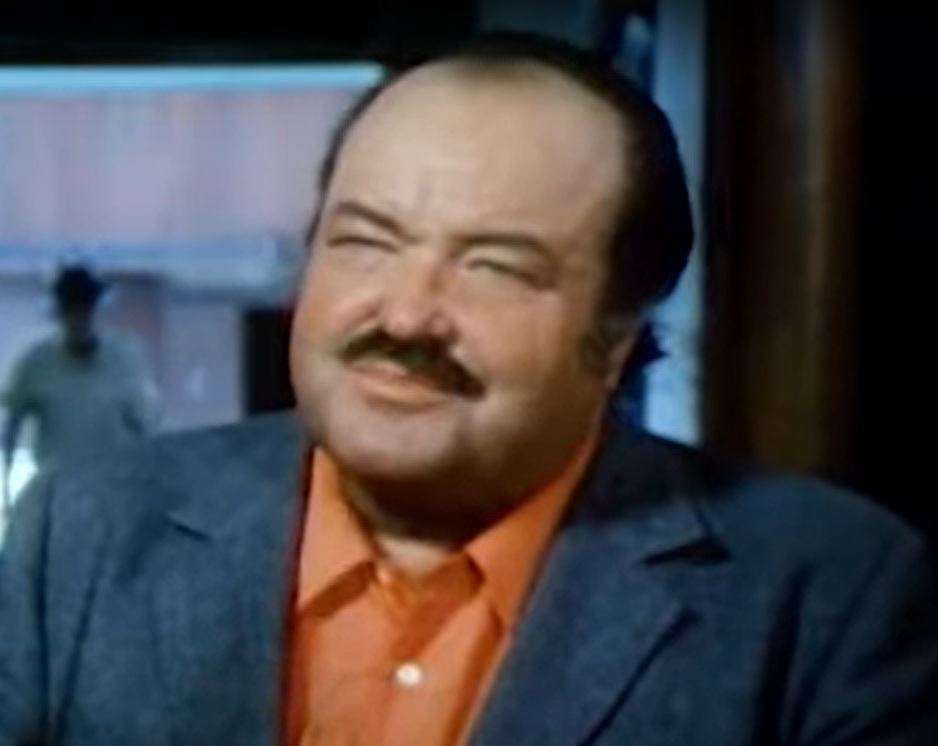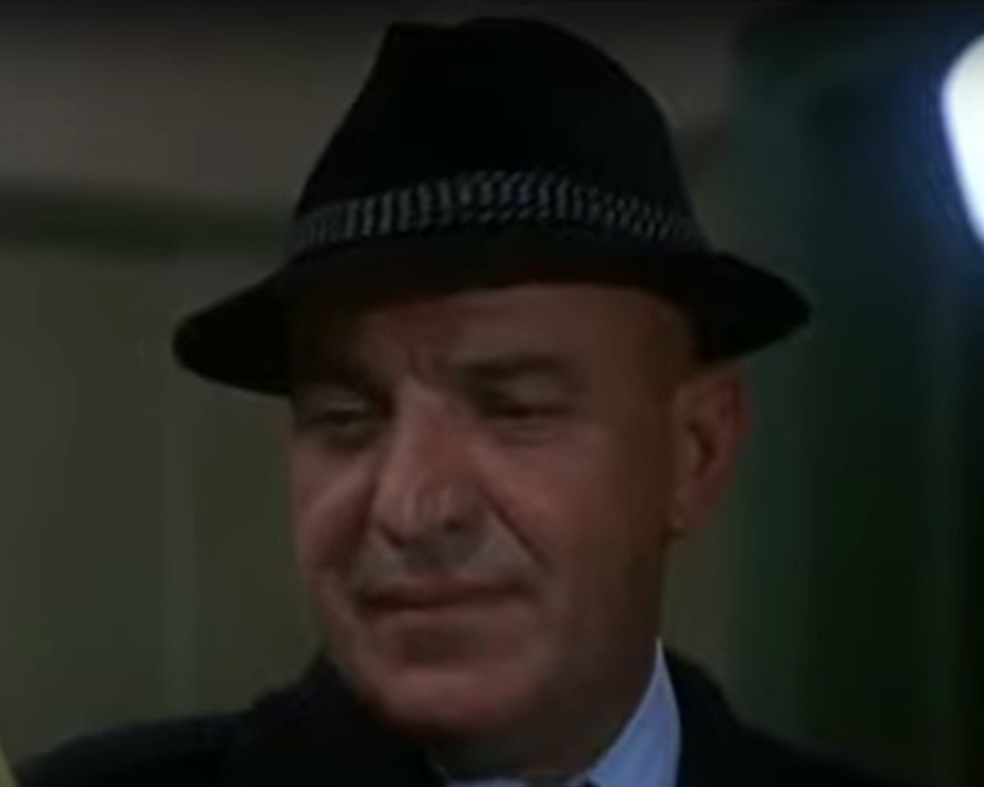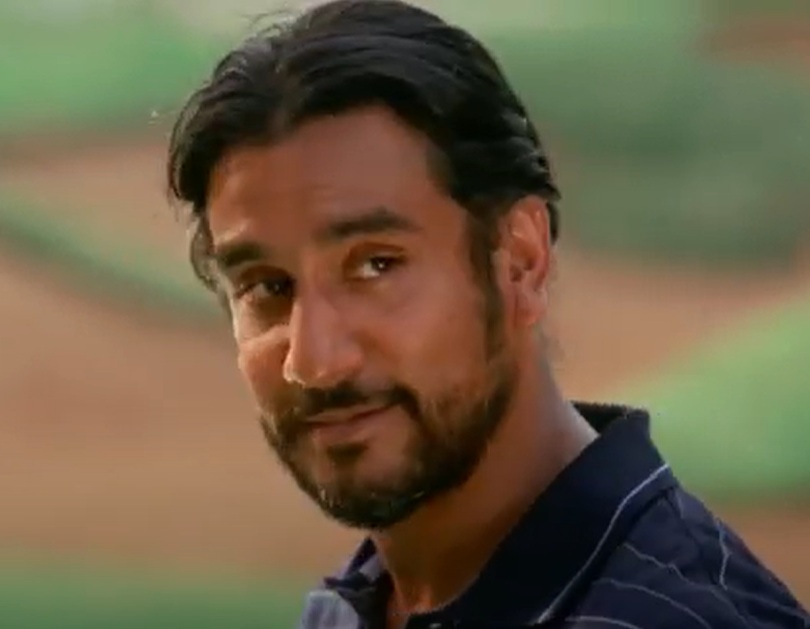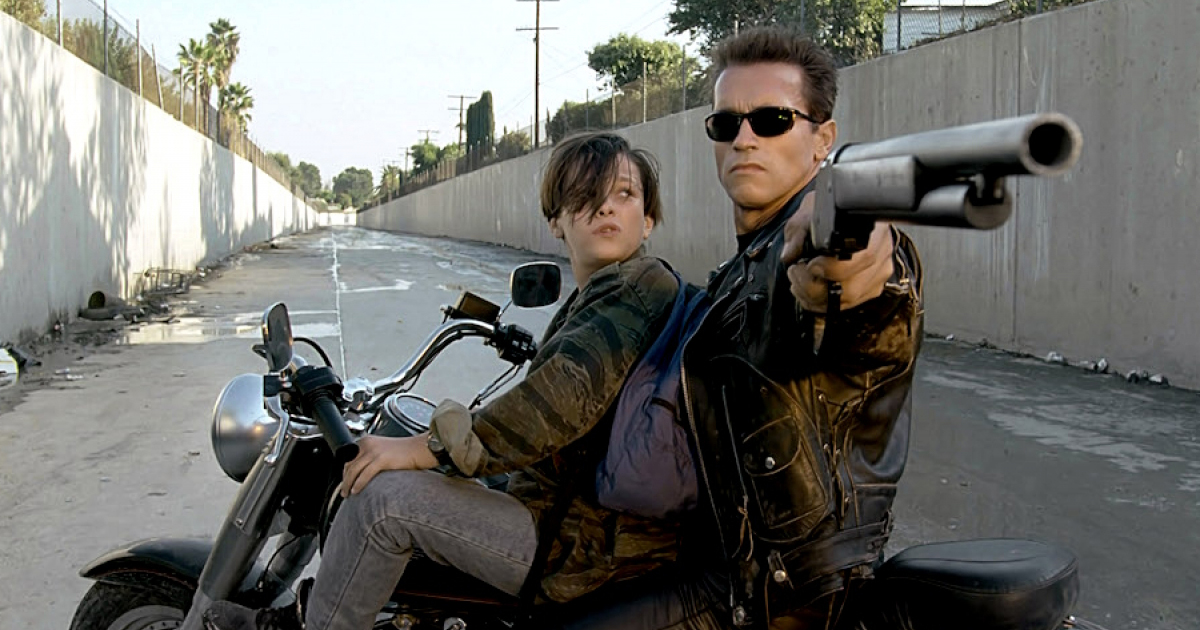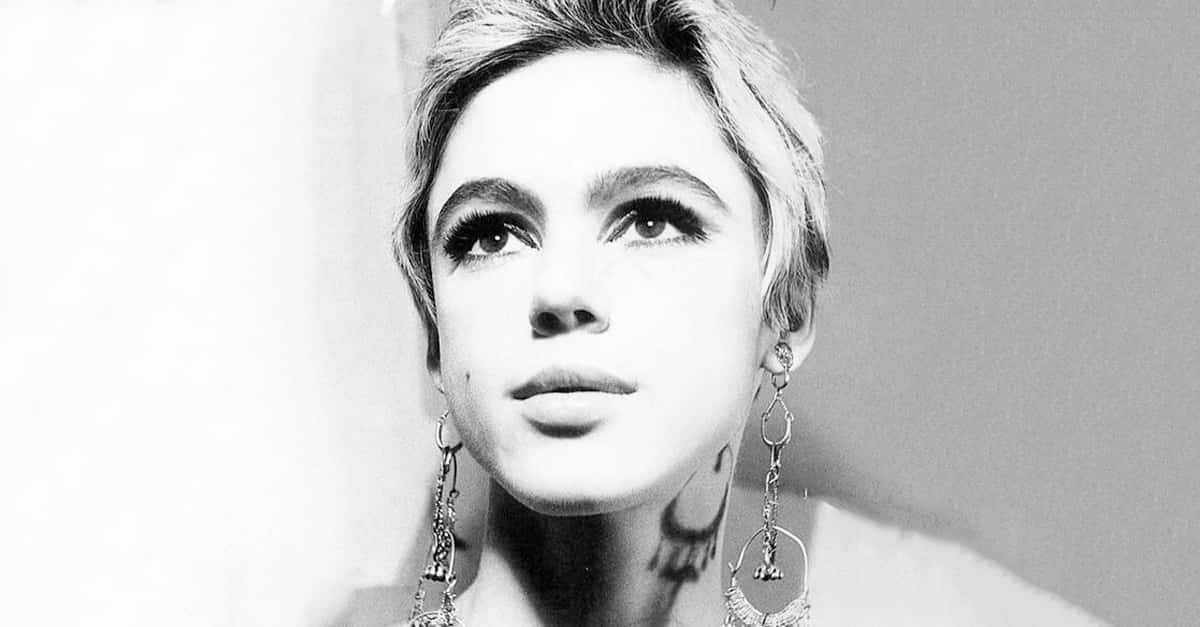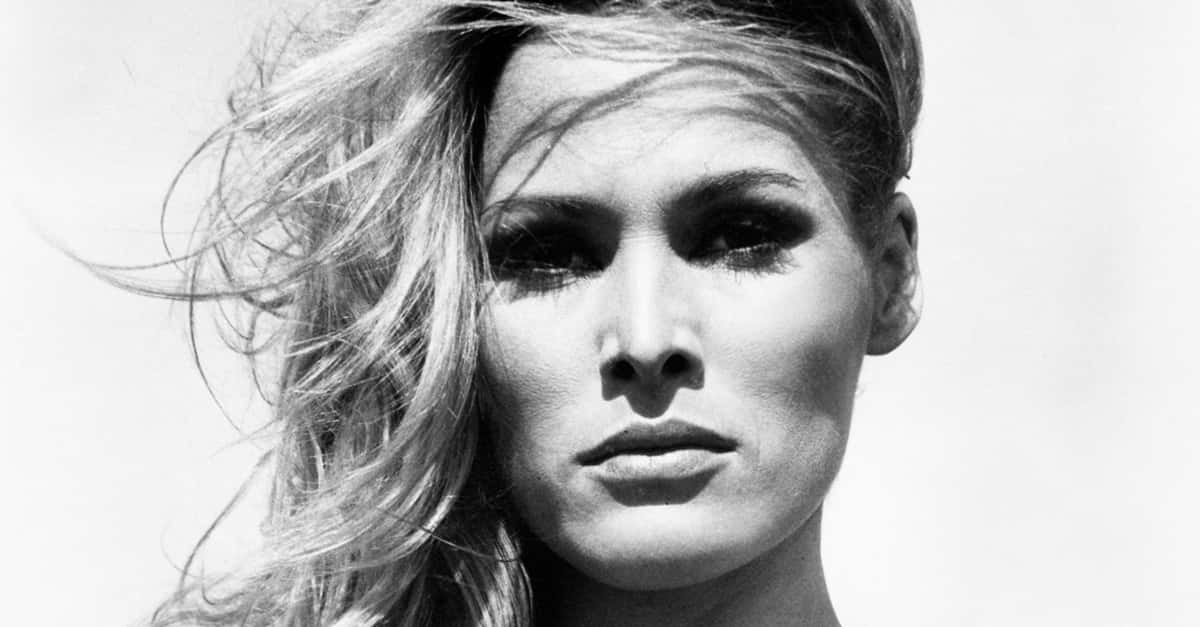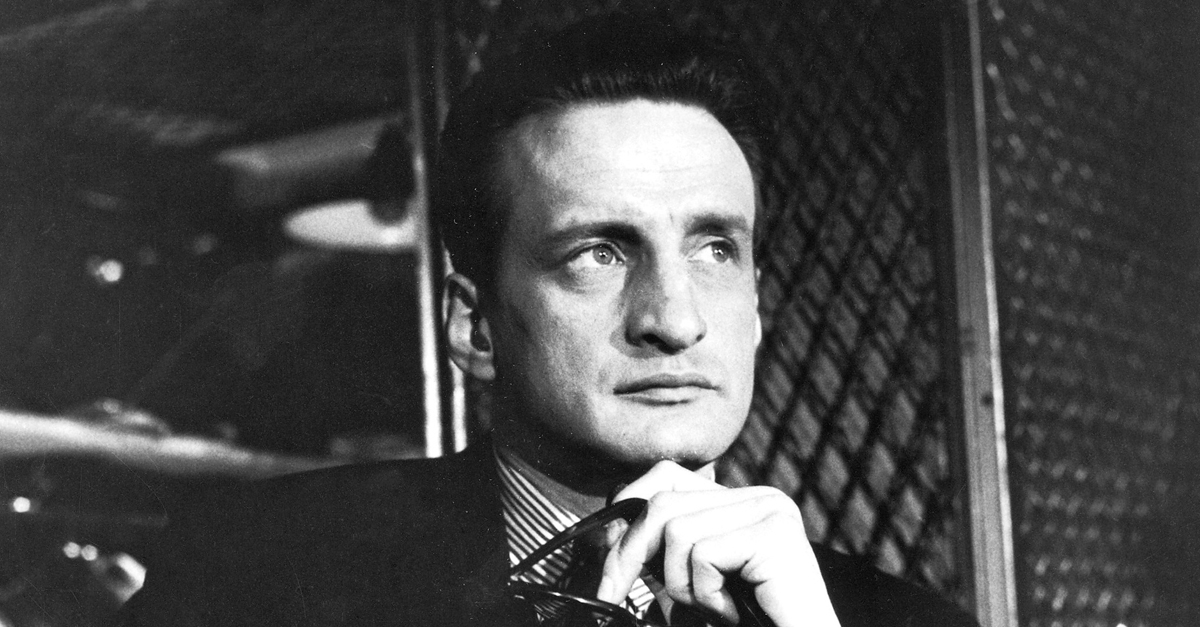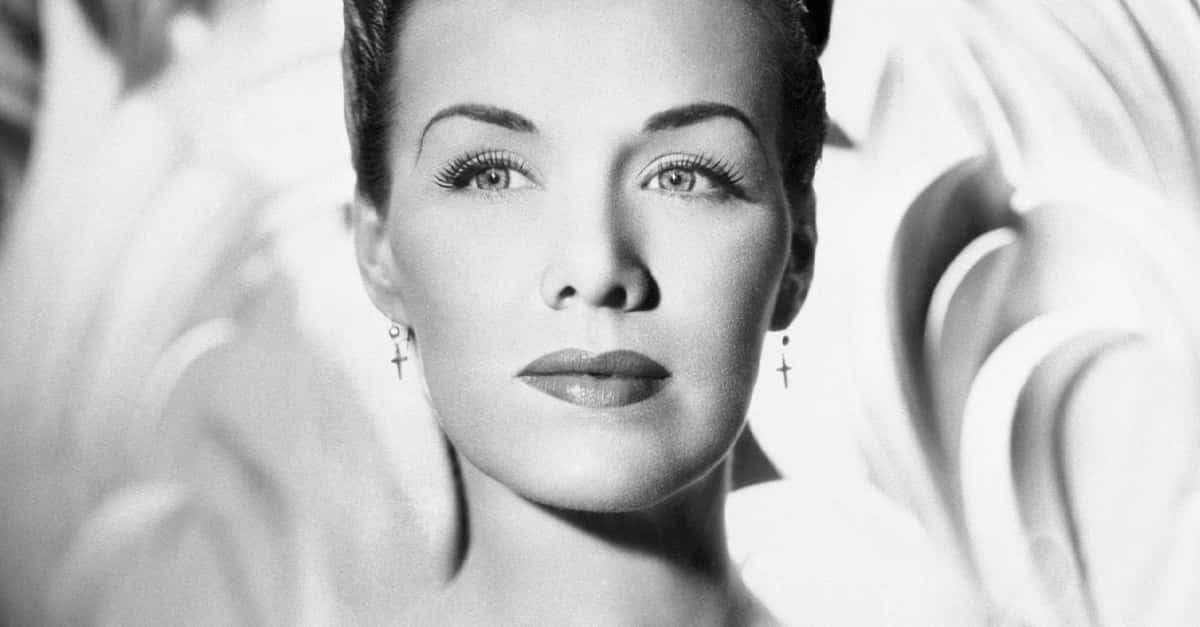Some Of Television’s Best Shows With One Word Titles
Titles are difficult—make them too obscure or too difficult and they can turn potential viewers off. Perhaps that’s why titles using just one word are surprisingly common on television. Whether it’s a genre convention or wanting to make something simple and punchy, these are some of the best shows with one-word titles.
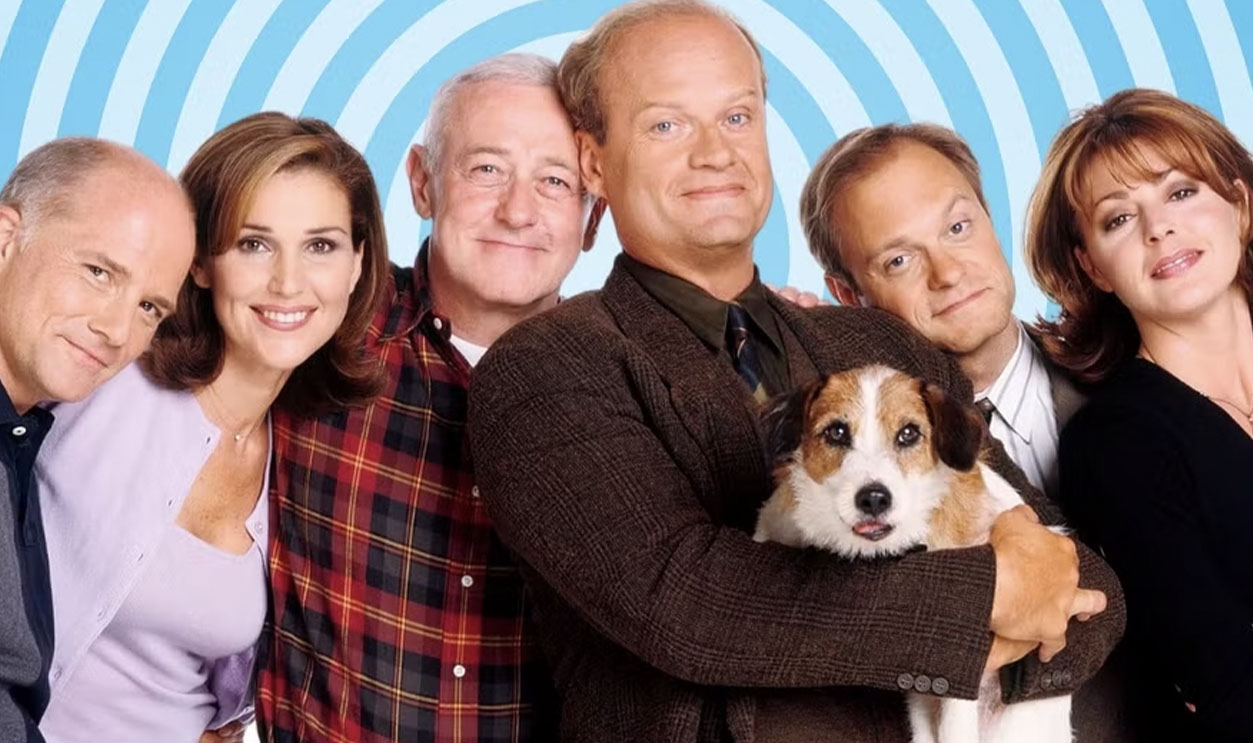
Vikings (2013)
One-word titles seem to be common in supernatural, fantasy, and science fiction, but also with shows about history. Vikings is pretty straightforward—a sweeping tale taken from historical accounts and legends, Vikings is an apt title giving the audience exactly what they’re expecting.
Supernatural (2006)
This one is more descriptive than anything else. A show about brothers fighting supernatural forces, “supernatural” is a word that’s open enough for any kind of plotline. This long-running series lasted 15 seasons.
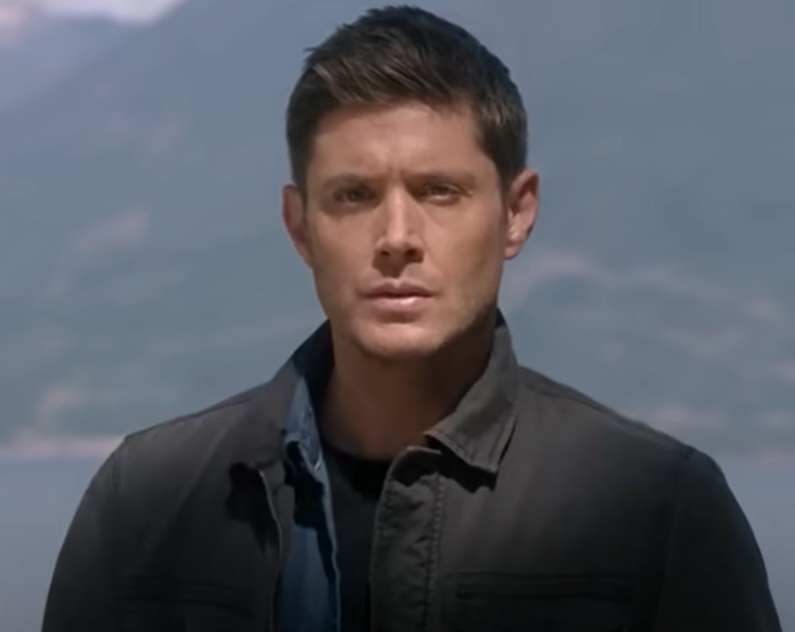 The CW, Supernatural (2005-2020)
The CW, Supernatural (2005-2020)
Roswell (2001)
This title is descriptive, it’s geographic, and it also touches on the conceptual. Fans of UFO stories know what Roswell signifies: evidence of alien visitors and government cover-ups. Fans know exactly what they’re getting with a simple two-syllable word.
Jericho (2006)
The title of the 2006 American post-apocalyptic series, “Jericho” is both a place name and a metaphor. In the aftermath of a nuclear war, the fictional town of Jericho, Kansas survives, but without any knowledge of the outside world. Jericho was also a Biblical city famous for its defensive walls, something that comes to mind as we watch the townsfolk come to terms with their isolated but otherwise protected existence.
Farscape (1999)
Farscape is a science fiction series taking place inside a biomechanical spaceship, a living entity. A diverse cast of characters populate the series, with human John Crichton accidentally transported across the galaxy, trying to find a wormhole and get back to Earth.
Outlander (2014)
The word “outlander” is the translation of the Gaelic “sassenach”, and that’s what WWII nurse Claire Randall is: not just an outsider but someone out of time. This time-travel romance follows Claire as she is transported back to 1743. Her steamy love affair with Highland warrior Jamie Fraser created a devoted fanbase.
V (2009)
The 2009 remake of the 1983 miniseries of the same name follows a similar plot, with the arrival on Earth of a technologically advanced alien force. Supposedly coming in peace, the aliens’ true motives are far from peaceful. The aliens are known as the Visitors, and the single-letter title references that as well as a play on the WWII-era “V for Victory” hand gesture and slogan.
Torchwood (2006)
While the British classic sci-fi series Dr Who was geared for both adult and younger audiences, its spin-off series, Torchwood, was aimed specifically at adults. Centering around the character Captain Jack Harkness and the covert agency Torchwood and its investigations into supernatural and extraterrestrial threats to Earth.
Hannibal (2013)
Hannibal is a horror series based on Thomas Harris' novels Red Dragon (1981), Hannibal (1999), and Hannibal Rising (2006). Dr Hannibal Lecter is a forensic psychiatrist who matches wits with FBI special investigator Will Graham.
Futurama (1999)
The title is taken from a pavilion at the 1939 New York World's Fair which depicted how the world would look in 1959 and is used here for its retrofuturist style. Anything by Matt Groening (the guy who created The Simpsons) has a built-in audience, but “Futurama” as a title gives the show its own feel—it may have that classic Groening look but it also goes deep with the layers of references and meta humor.
M*A*S*H (1972)
One-word titles are used often in sitcoms, both classic and contemporary. “M*A*S*H” stands for Mobile Army Surgical Hospital and the title “M*A*S*H” describes the setting of this classic comedy-drama, based on the film and novel of the same name, and set at an American field hospital during the 1950-53 Korean conflict. It does seem like no other title would make sense for this long-running show.
Taxi (1978)
First airing two years after Martin Scorcese’s classic film Taxi Driver, the unrelated sitcom Taxi nevertheless utilizes the same gritty feel of 1970s New York City, telling the story of cab drivers and their hopes for better lives. The title is straightforward and is used to convey the idea of the world of taxi drivers in the iconic Yellow Cabs of New York City.
Rhoda (1974)
Shows named after main characters may sometimes seem like a cop-out. Your central character is named Rhoda Morgenstern, so you name the show “Rhoda”. Simple, but given that Rhoda was the spin-off of a popular character from the highly successful Mary Tyler Moore Show, simplicity was probably called for.
Maude (1972)
Maude was also a spin-off from a popular show, this time All in the Family. Bea Arthur plays Maude, Edith Bunker’s cousin who is as liberal as Edith’s husband Archie is conservative. Even the lyrics to the show’s theme capture the simplicity of the one-word title: “…and then there’s Maude”.
Roseanne (1988)
Named for the star, Roseanne Barr, her character was also named Roseanne. Like other shows built around a standup comic, Roseanne leaned heavily on Barr’s routines, but the show soon developed its own characteristics by combining comedy and working-class realism, unseen on American television since All in the Family in the early 1970s.
Frasier (1993)
Frasier is the mononymous-titled spin-off of the mononymous-titled Cheers. With Cheers’ end in 1993, actor Kelsey Grammar was given his own series based on his popular Frasier Crane character. Frasier was as successful as Cheers and the simple name recognition allowed viewers to easily switch from the parent sitcom to its successor.
Newhart (1982)
Legendary comedian Bob Newhart had a successful series in the 1970s called The Bob Newhart Show where he played a character named Bob Hartley. In the 1980s, Newhart had a second successful series, simply called Newhart, where he played a character named Dick Loudon. Newhart tried for a third series in the 1990s, this time called Bob, where he played Bob McKay—unfortunately, the third time was not the charm and Bob was not a success.
Seinfeld (1989)
The biggest sitcom of the 1990s, Seinfeld takes its name from the star of the show, Jerry Seinfeld. Unlike Newhart, however, Seinfeld’s character shares his name, and the show about nothing is also a show about a fictional Jerry Seinfeld played by the real Jerry Seinfeld. To add one more layer of meta: Within the universe of the show Seinfeld, the character Jerry Seinfeld also gets his own sitcom, called Jerry, and so the real Jerry Seinfeld plays a fictional version of Jerry Seinfeld on Seinfeld, who plays a fictional version of fictional Jerry Seinfeld, on the fictional show-within-a-show, Jerry.
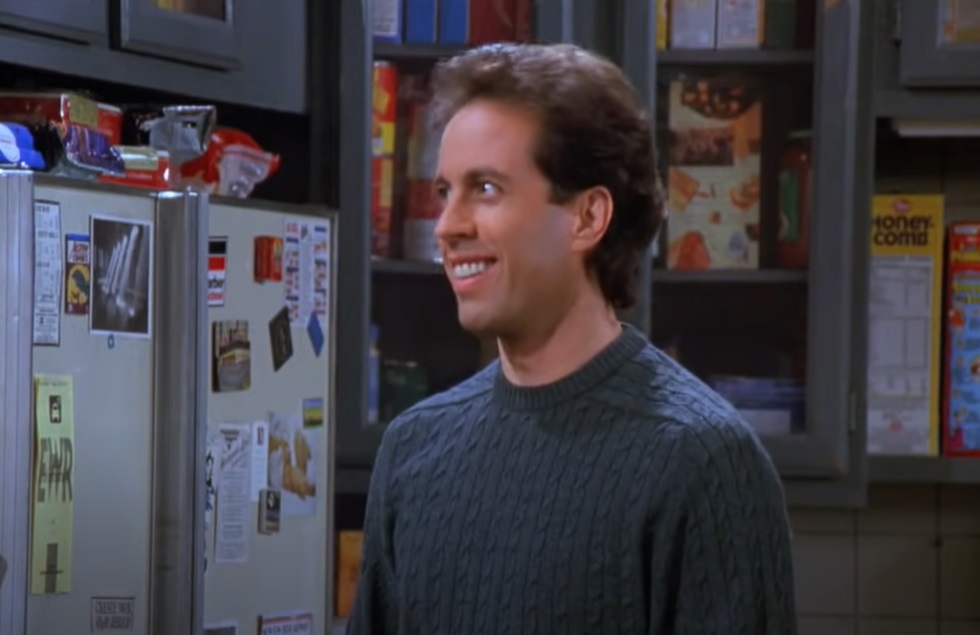 Castle Rock, Seinfeld (1989-1998)
Castle Rock, Seinfeld (1989-1998)
Friends (1994)
“Friends” works as a title and as a concept because it’s a simple, one-syllable word that describes the six main cast members. It also works graphically with merchandise for the extremely successful show featuring the show’s well-known logo. Friends as a title is a textbook case of simplicity: compare that to Ellen DeGeneres’ mononymous sitcom Ellen (1994), originally titled These Friends of Mine and debuted six months before Friends.
Cheers (1982)
“Cheers” does double duty as a title: It’s a word used as a drinking toast and it’s the name of the fictional bar where the show is set. One of the biggest hits of the 1980s and early 1990s, the simple name recognition certainly helped, especially in the first season when the show struggled to find an audience.
NewsRadio (1994)
NewsRadio utilizes an essentially made-up compound word, common in the world of radio; the show could easily have been called “News Radio” but the creators probably felt that “NewsRadio” was more dynamic. Honorable mention goes to WKRP in Cincinnati (1978), another sitcom taking place at a radio station. Although technically not a one-word title, the name of the show is often shortened to just WKRP, the fictional station’s call letters.
Community (2009)
Community was part of a trend in 2000s and 2010s sitcoms such as 30 Rock and the US version of The Office—single camera shows with no laugh tracks and densely packed humor. Community, in particular, went hard with the meta humor and irony, but it managed to stay somewhat grounded as a story about a group of community college students.
Extras (2005)
After the success of the original British version of The Office, Ricky Gervais and Stephen Merchant returned with another sitcom focusing on cringe humor. This time, Gervais plays Andy Millman, a struggling actor working as an extra, or background performer, on British television. As per the cringe comedy credo, Millman is his own worst enemy and even when he finds some success as the star of a terrible sitcom, things don’t work out all too well.
Portlandia (2011)
Saturday Night Live alumnus Fred Armisen and musician Carrie Brownstein (of indie rock band Sleater-Kinney) star in this sketch comedy satirizing the hipster reputation of Portland, Oregon. The title itself comes from a sculpture called Portlandia found at the entrance of the Portland Building in downtown Portland.
Girls (2012)
A comedy-drama created by and starring Lena Dunham, Girls is about four young women in New York City. The show's focus is on early adulthood and making bad life decisions. Girls was also known for its post-feminist politics, particularly around body politics and the title reflects that.
Love (2016)
Love is a romantic comedy-drama starring Gillian Jacobs from Community, focusing on male and female perspectives on relationships. The central characters, Mickey and Gus, are deeply flawed people, both with much emotional baggage. They try to build a relationship but Mickey’s drinking and lying clashes with Gus’ awkward and needy personality and his inability to understand social cues.
Scrubs (2001)
Scrubs is a long-running sitcom and one of the first of the new trend in American sitcoms to eschew laugh tracks and use single camera set-ups. The premise centers around medical students, interns, and doctors at a teaching hospital. The title is a play on “surgical scrubs”, but “scrub” is also a term for a low-ranking person—in this case, medical interns.
Shameless (2011)
“Shameless” is another descriptive title, conveying a sense of the central family, particularly the wastrel father. A poor family of six siblings living in Chicago struggles to survive with a neglectful and substance-dependent father who spends his time drinking or running scams or petty crimes.
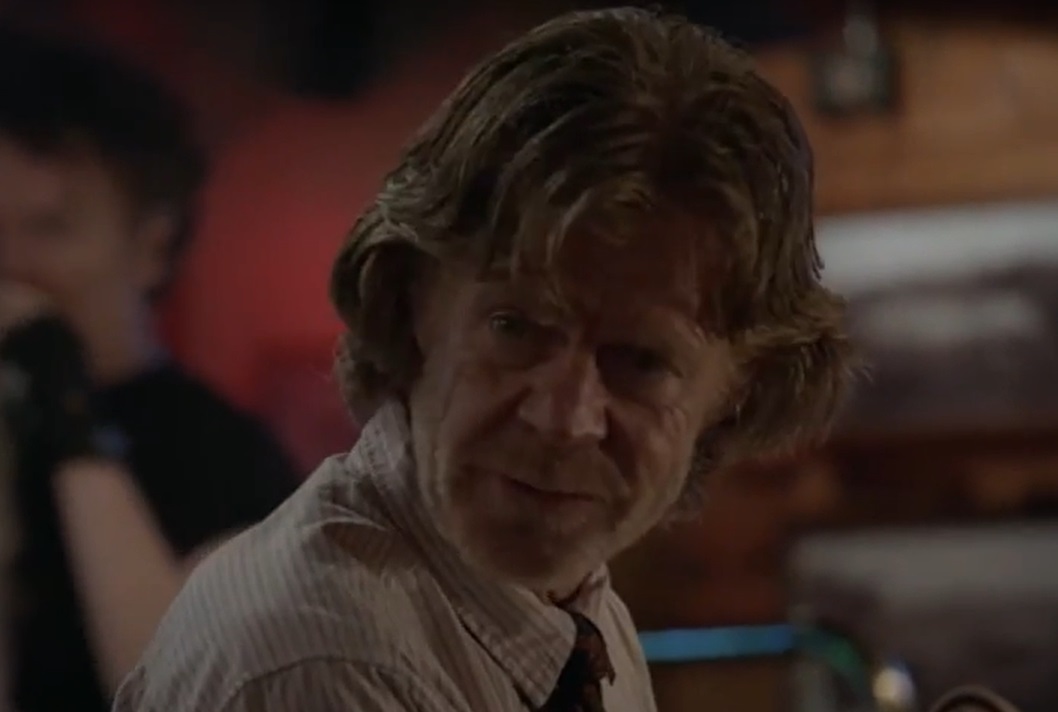 Showtime, Shameless (2011-2021)
Showtime, Shameless (2011-2021)
Deadwood (2004)
Deadwood is a Western series set in the real-life town of Deadwood, South Dakota in the 1870s. The series covers Deadwood’s growth as a town and features several historical figures in highly fictionalized storylines.
Skins (2007)
This groundbreaking British teen series follows the lives of teenagers in Bristol. The series is noted for its frank depiction of teen lives with storylines touching on mental illness, gender, bullying, drugs, LGBT+ issues, and dysfunctional families. The single-word title references cigarette rolling paper.
Broadchurch (2013)
This now-classic British mystery series is set in the fictional town of Broadchurch on the English Southern coast in Dorset. With a top-level cast led by David Tennant and Olivia Colman, Broadchurch mixes dark humor and gritty heartbreaking realism.
Sherlock (2010)
Starring Benedict Cumberbatch and Martin Freeman as Sherlock Holmes and Doctor John Watson respectively, this retelling of the Sherlock Holmes stories takes place in contemporary London. Sherlock Holmes is as brilliant as ever, with the show hinting at Holmes being on the spectrum, while Dr Watson, who was a military doctor in the Afghanistan conflict, suffers from PTSD. The single-word title is a testament to how ubiquitous Sherlock Holmes is in our culture, where his given name is a signifier of mystery and genius.
Weeds (2005)
Before Breaking Bad there was Weeds, a dark comedy-drama about a widowed mother of two who sells marijuana to support her family. Things get complicated as the family gets deeper into the criminal underworld.
McCloud (1971)
A mainstay of 1970s television was the detective series and a big part of that was the NBC Mystery Movie, an anthology series of two-hour rotating mystery episodes, also called a “wheel series” with alternating series each week. With its iconic opening credits sequence shot in posterized colors and its theremin-based theme, one of its more successful series was McCloud. Dennis Weaver plays Sam McCloud, a rural Taos, New Mexico lawman temporarily assigned to the NYPD.
Columbo (1971)
Perhaps the most iconic American television detective, and certainly a series that grew beyond the NBC Mystery Movie format, Columbo starred Peter Falk as a rumpled detective constantly underestimated by overconfident criminals. A twist to the mystery format was that the audience knew who the perpetrator was right away, and the story unfolds as Columbo untangles the mystery.
Mannix (1967)
Outside the NBC Mystery Movie mystery wheel, single-named detective series thrived in the 1970s. Many were Quinn Martin productions, and the opening credit voiceover would invariably announce that week’s episode title. One of the earliest of these was Mannix, named after the main character, Joe Mannix, a regular guy fighting crime. Like many series in this genre, it was heavy with car chases and often improbable action.
Cannon (1971)
Cannon is also named for its main character, Frank Cannon. Cannon is street-smart but also has a great deal of esoteric and intellectual knowledge. Portrayed by William Conrad, much was made of Conrad being overweight, with frequent mentions of his size. Cannon would speak self-deprecatingly about his girth and he was a gourmet cook, something that was contrasted with his ability to take action, engaging in fistfights and shoot-outs.
Kojak (1973)
Kojak takes place in New York City and the series is particularly gritty, focusing on detective Detective Lieutenant Theophilus Kojak and featuring heavier and more lurid storylines than its contemporaries. Kojak was notable for star Telly Savalas’ shaved head and ubiquitous lollypop (in real life, Savalas had quit smoking and used lollypops as a method of avoiding cigarettes, something incorporated into the series).
Lost (2004)
Another descriptive title, “Lost” also conveys a sense of the mysterious and unsolvable puzzles. The basic joke among even the most dedicated fans was that diving deep into the complex and often contradictory storylines leaves viewers, well, lost. The ending did nothing to dispel those feelings.
You May Also Like:
The Best Movies With One-Word Titles
Classic Movies That Almost Had Completely Different Titles
Sources: 1


